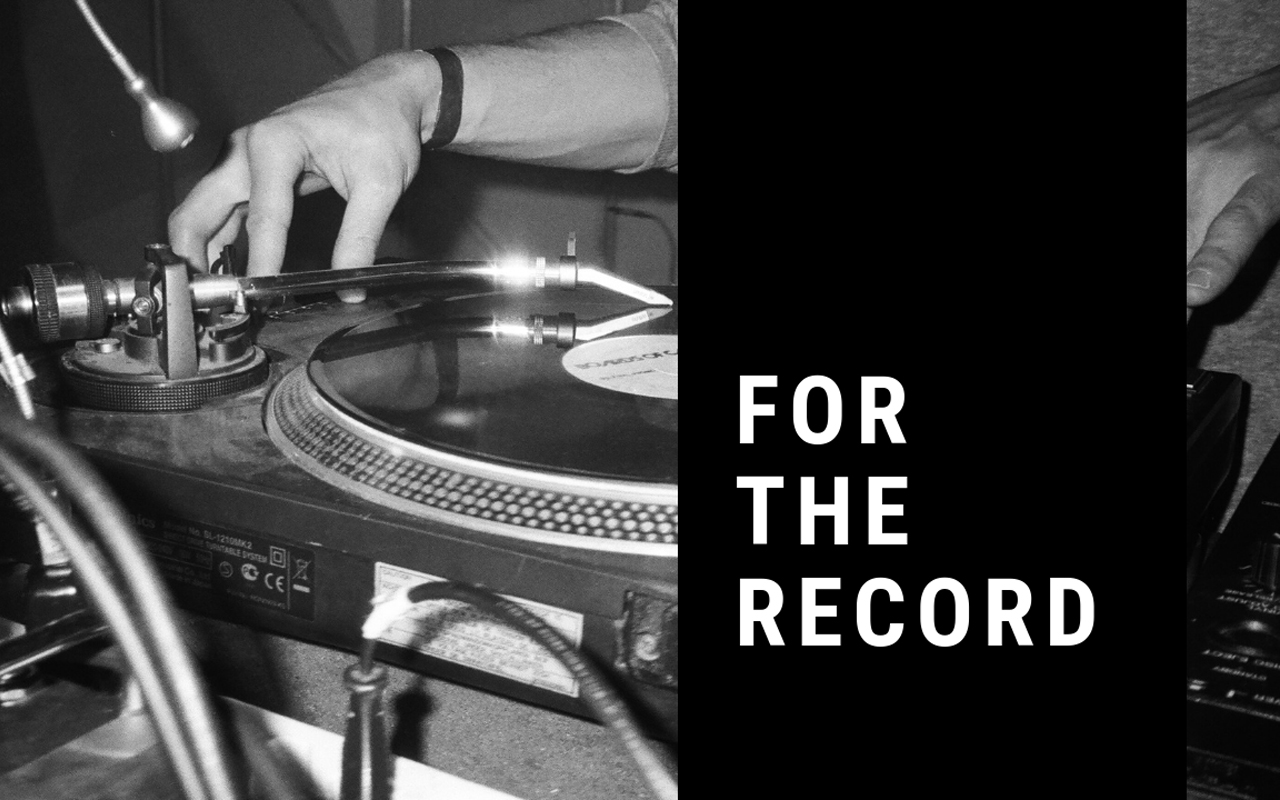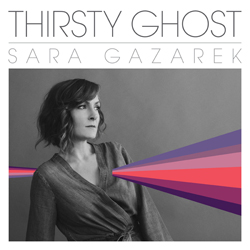

Sara Gazarek
Thirsty Ghost
Self-Released
Seattle fans don’t need to be told about the sparking vocalist and Roosevelt High School graduate Sara Gazarek, but now the great wide world has recognized her, bigtime, with two, well-deserved Grammy nominations for Thirsty Ghost. Up for best jazz vocal album and best instrumental-and-vocal arrangement (for an inventive reimagination of Dolly Parton’s “Jolene”), Thirsty Ghost is a profound departure from the sunny, cheerful persona Gazarek has projected throughout most of her career.
Encouraged by Kurt Elling (who sings on the moving final track, “Distant Storm”) to dig more deeply, and on the rebound from a nasty divorce and disastrous love affair, Gazarek has come up with a wondrous, questioning, atmospheric album of often dark tracks that mix jazz, pop, folk-rock and art song.
On a wrenching rendition of Sam Smith’s pining ballad of infidelity, “Not the Only One,” Gazarek falls off notes with a sigh. On Björk’s “Cocoon,” she creates a moody, ambient feel, using her clear soprano as a wordless instrument. A new arrangement of one of her signature pieces, which combines the Nick Drake song, “Riverman,” with a poem by Sara Teasdale, features haunting bass clarinet. To pianist Brad Mehldau’s pulsating “Distant Storm,” she adds lyrics about how painful storms lead to beautiful blossoms. Gazarek talk-sings Hoagy Carmichael’s bravely fronting “I Get Along Without You Very Well” so convincingly you feel like you’re inside her mind and her halting jazz version of the Parton classic rises to a torrential climax. On the haunting “Gaslight District,” she muses, with and without words, about dishonesty and deception. Gazarek doesn’t abandon her jaunty jazz past entirely, applying the raspberry tang of her voice to keyboard man Larry Goldings’ swinging “Easy Love.” But for the most part, this is a whole new ball game, and it looks like the start of a winning streak.
–Paul de Barros